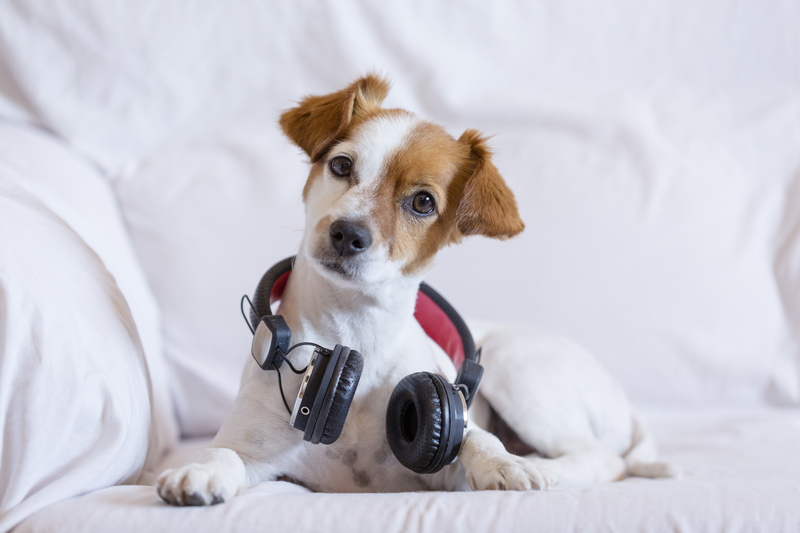Classical music and audio books do not help dogs to relax when separated from owners
Previous research showed that classical music helped rescue dogs to relax when they were facing chronic stress.

Eighty two dogs were involved in the Queen’s study and they were separated from their owners for a short period of time to test their response to different types of auditory stimulation.
The findings, which have been published in Applied Animal Behaviour Science, showed only a moderately calming effect from classical music and no welfare benefits from audiobooks.
Dogs exposed to classical music were significantly faster to lie down and settle than those that were listening to audiobooks while the dogs listening to audiobooks spent more time gazing at the speaker.
Dr Deborah Wells from Queen’s University’s School of Psychology led the study alongside PhD student Rachael Kinnaird. She explains:
“We know from previous studies that classical music and audiobooks can help welfare dogs to relax, especially when they are facing chronic stress, for example, in rescue kennels. In our latest study, we tested whether this is also the case for domestic dogs who were separated from their owners for a short period of time.
“Many dog owners leave the radio on while they’re at work or when they are separated from their dog for a while. However, the findings show that this type of audio has little value in situations where animals are likely to be experiencing acute stress – for example, separated from their owners for short periods of time."
